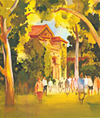 Winning a Watson Fellowship is both a creative passport and a generous provision to wander the world and do independent research for a full year after graduation. However, just as it did to best-laid plans around the world, COVID-19 interrupted those of this year’s Watson winners.
Winning a Watson Fellowship is both a creative passport and a generous provision to wander the world and do independent research for a full year after graduation. However, just as it did to best-laid plans around the world, COVID-19 interrupted those of this year’s Watson winners.
But for Watson recipients Adin Becker ’20 and Zed Hopkins ’20, the disruption is only a delay, not a dead end. The Watson Foundation has granted each of them a two-year deferral period.
Becker, a politics and Middle Eastern studies major from Portland, Ore., learned of his big win amid the frenzy of packing up to go home due to the pandemic.
“The news of my acceptance allowed me to take a step back from the stress of the current moment and concentrate on the passion that had led to me apply in the first place. In times of crisis, it is wonderful to have something extraordinary to look forward to, especially if it happens to be a project you have dreamed of doing for over a decade,” says Becker.
His dream is to explore small, isolated international Jewish settlements in Peru, Ghana, Zimbabwe, Uganda, Uzbekistan, Azerbaijan, Tunisia and Poland to gain insight into their persistence and survival despite perpetual threats to their existence.
Hopkins, a theatre major from Brisbane, Australia, has plans to travel and do research in South Africa, Uganda, Greece, India, Indonesia, Switzerland, Austria and Italy. He is grateful for the award but says, “Traveling the world seems like the last thing you want to be doing right now.” However, he plans to do so as soon as it becomes feasible—hopefully by early 2021.
Hopkins’ proposal is to analyze the six pillars of theatre performance and how they connect the imaginative and physical worlds of diverse cultures. The specifics of his project may evolve depending on the economic and social repercussions of the pandemic, so he has been busy brainstorming alternatives. “But if Pomona has taught me anything,” he says, “it’s that you have to lean into that discomfort and embrace and enjoy the challenge.”
 Bobby Bradford
Bobby Bradford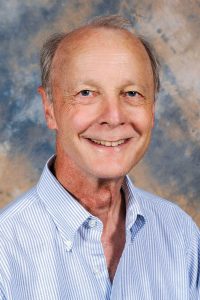 Everett L. “Rett” Bull Jr.
Everett L. “Rett” Bull Jr.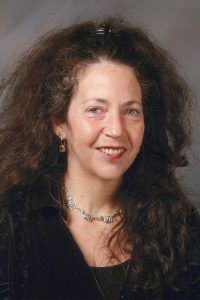 Ann Davis
Ann Davis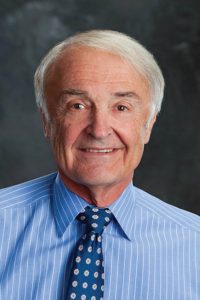 Stephen A. Erickson
Stephen A. Erickson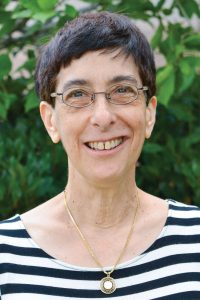 Erica Flapan
Erica Flapan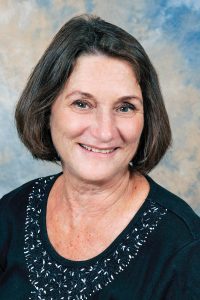 Sherry Linnell
Sherry Linnell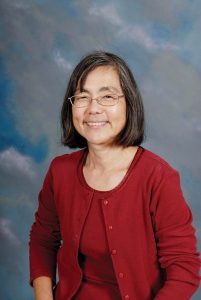 Lynne K. Miyake
Lynne K. Miyake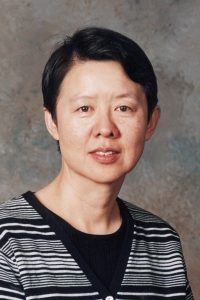 Jianhsin Wu
Jianhsin Wu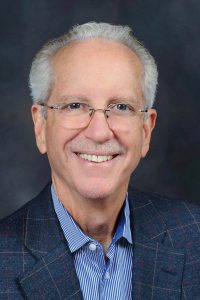 Richard “Rick” Worthington
Richard “Rick” Worthington
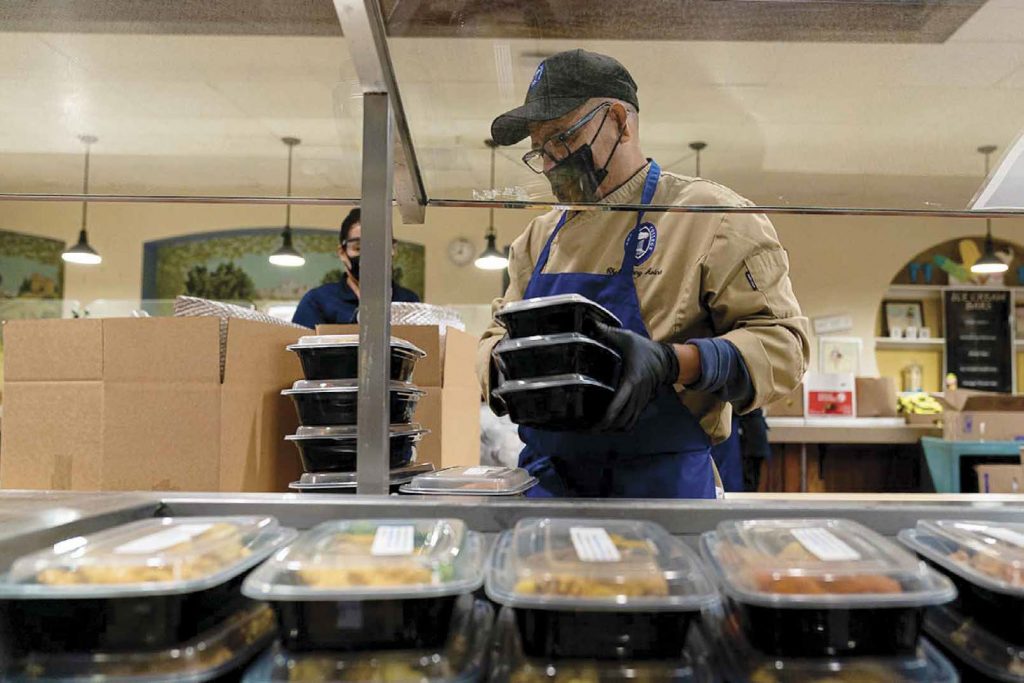
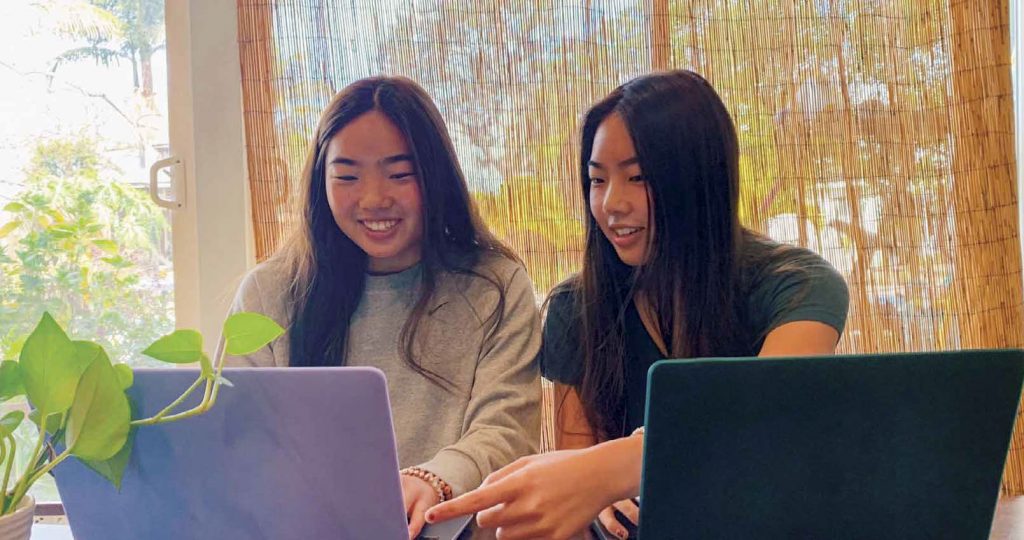

 Have a meeting to run? When Zoom gets tiresome or you’re trying to build a team online, finding a way to connect the people in the boxes is important.
Have a meeting to run? When Zoom gets tiresome or you’re trying to build a team online, finding a way to connect the people in the boxes is important. Winning a Watson Fellowship is both a creative passport and a generous provision to wander the world and do independent research for a full year after graduation. However, just as it did to best-laid plans around the world, COVID-19 interrupted those of this year’s Watson winners.
Winning a Watson Fellowship is both a creative passport and a generous provision to wander the world and do independent research for a full year after graduation. However, just as it did to best-laid plans around the world, COVID-19 interrupted those of this year’s Watson winners.
